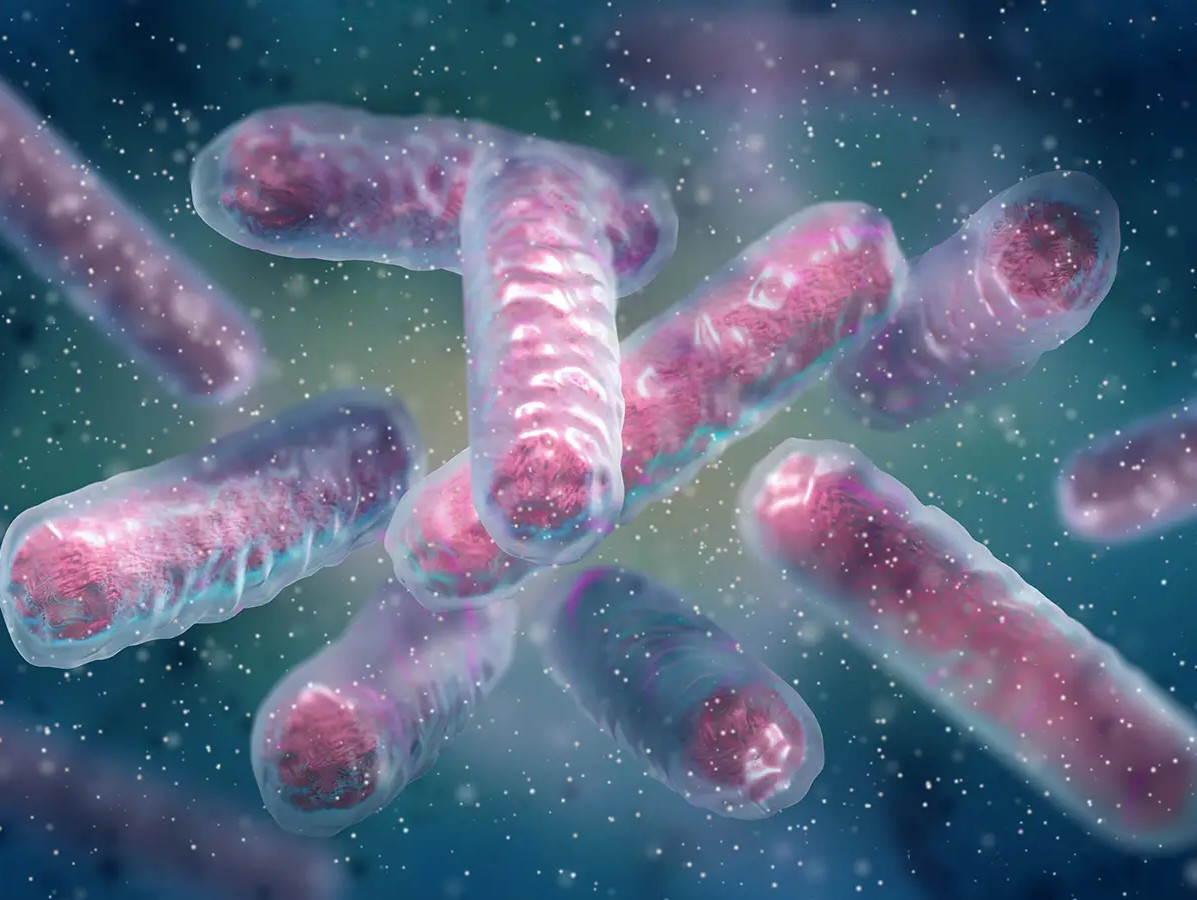
Bacteria resistant to carbapenem antibiotics are no longer confined to hospital settings. They are now also being found in animals and food products across Europe. This is highlighted in a new scientific opinion from EFSA on the spread of carbapenemase-producing Enterobacterales (CPE) in the EU and EFTA food chain.
Since 2011, CPE have been reported in 14 out of 30 EU/EFTA countries. These bacteria have mainly been detected in pigs, cattle and — to a lesser extent — poultry. They include E. coli, Enterobacter, Klebsiella and Salmonella. Several Member States noted a marked increase in cases in both 2021 and 2023. According to EFSA, identical strains have been found in both humans and animals, suggesting potential transmission. However, direct transmission via food has not been confirmed.
CPE produce enzymes that deactivate carbapenem antibiotics. These drugs are used to treat severe infections in humans. Resistance can therefore result in a lack of effective treatment options, which EFSA identifies as a significant threat to public health.
EFSA recommends extending surveillance to other food sources, such as seafood and vegetables, as well as to additional bacterial species like Klebsiella. The agency also advises enhancing detection methods, conducting trace-back investigations and applying molecular typing techniques. Ten countries have now established contingency plans for further investigation and control. An updated opinion will be published by EFSA in 2027.
Source: EFSA